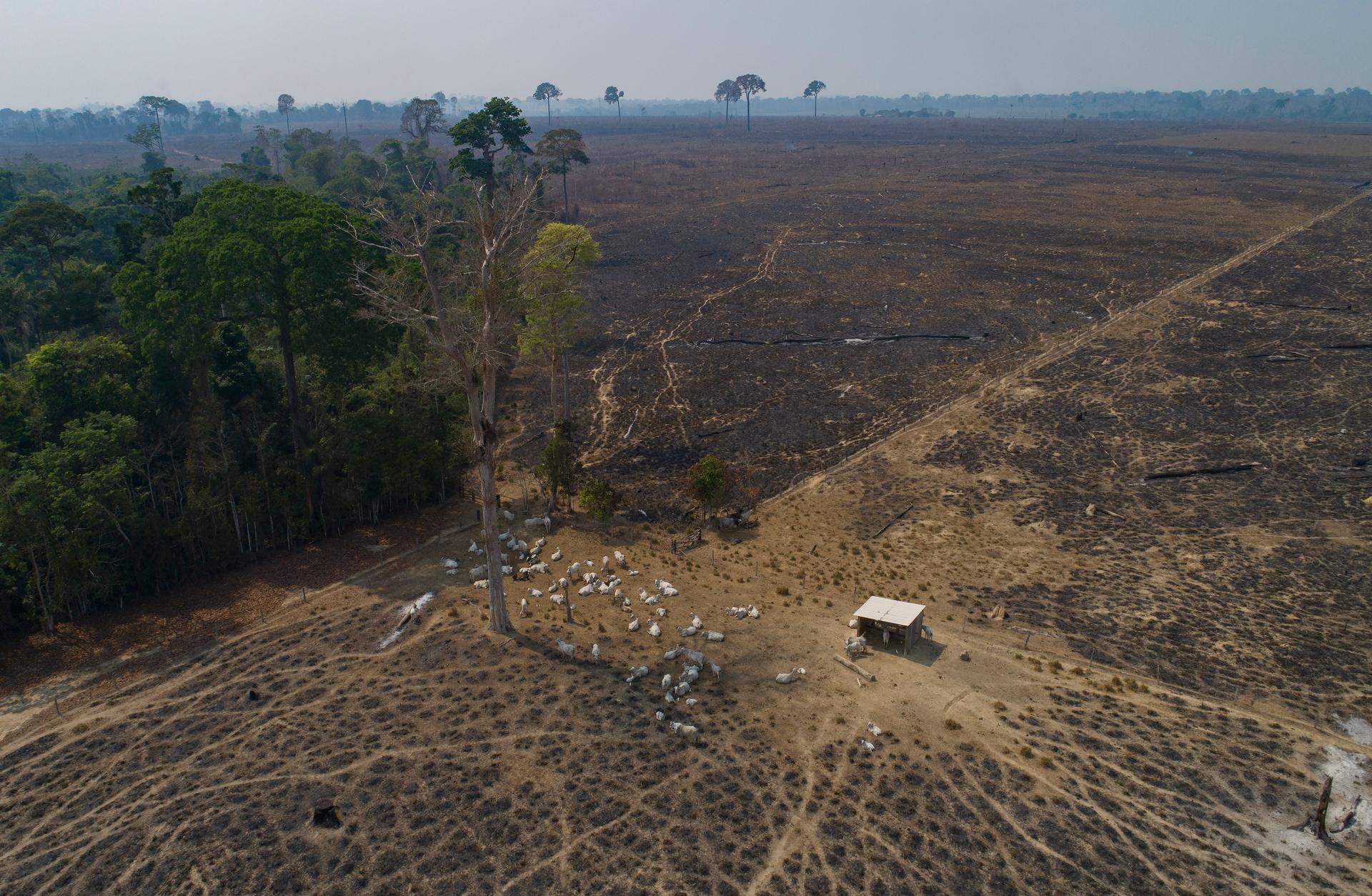At last months global climate conference in Glasgow, more than 130 countries pledged to end net forest loss by 2030. The countries that signed on represent roughly 90% of the world’s forest cover and 85% of tropical forests.
The pledge to halt deforestation in so much of the world’s tropical forests was welcomed by many of the COP26 participants, but questions remain as to how that goal might be achieved.
Rhett Butler, editor-in-chief of the environmental news agency Mongabay, which focuses on tropical forests, says conservation groups are learning that one way to reduce deforestation is to recognize “local land tenureship.”
“A lot of groups are now rallying around the idea that helping strengthen land rights is a key mechanism for reducing deforestation.”
“If we look at where forests exist today, a large share of those forests are in territories that are stewarded by Indigenous, local communities,” Butler explains. “So, a lot of groups are now rallying around the idea that helping strengthen land rights is a key mechanism for reducing deforestation.”
Related: How Indigenous land rights could help save the Brazilian Amazon from deforestation
Some conservation groups have also proposed payments for “ecosystem services” — that is, looking at the carbon value of forests and paying countries to preserve them.
Forest monitoring has improved, Butler says, which enables the world to see where deforestation and forest degradation is occurring, “so we no longer have ignorance as an excuse for not taking action,” he adds.
Brazil was among the countries that signed the declaration, which Butler says is a “big deal” that comes with some caveats.
“There’s been an emphasis on ‘net-zero deforestation,’ which means that clearance of national forests could still happen, but it could be ‘offset’ by plantations. So, that’s a significant loophole.”
“There’s been an emphasis on ‘net-zero deforestation,’ which means that clearance of national forests could still happen, but it could be ‘offset’ by plantations,” he points out. “So, that’s a significant loophole.”
What’s more, Brazil’s leadership has been focusing on stopping illegal deforestation. But under the Bolsonaro administration, deforestation that was once illegal is now being legalized. Focusing on illegal deforestation won’t help reduce overall deforestation if the administration keeps changing the laws to make deforestation legal.
As if to underscore the challenges ahead, shortly after COP 26 ended, Brazil’s National Space Research Institute announced that deforestation rates in Brazil’s area of the Amazon had increased 22% to a 15-year high.
The Glasgow Leaders’ Declaration on Forests and Land Use, as it is known, includes roughly $19 billion in related funding commitments. Conservationists want to be sure it is spent effectively.
Related: Slowing deforestation could save humanity from the next pandemic
Butler expects some of the funds will go toward securing land rights for Indigenous peoples. Money will also likely pay for “technological systems,” like monitoring and carbon accounting.
“We have decent monitoring now, but the carbon accounting around land use emissions is still pretty poor,” he explains. “There are a lot of gaps and some countries aren’t exactly being transparent in terms of what they report to the UN versus what’s actually happening. So, I’d expect to see some of that money allocated towards the accounting and monitoring.”
Funds will also likely go towards conventional conservation initiatives that are implemented either by governments or NGOs, Butler adds. These include both managing protected areas and creating conservation measures outside protected areas, such as restoration projects, working towards more sustainable landscapes, and allowing degraded areas to recover naturally.
This article is by Adam Wernick, based on an interview that aired on Living on Earth from PRX.
